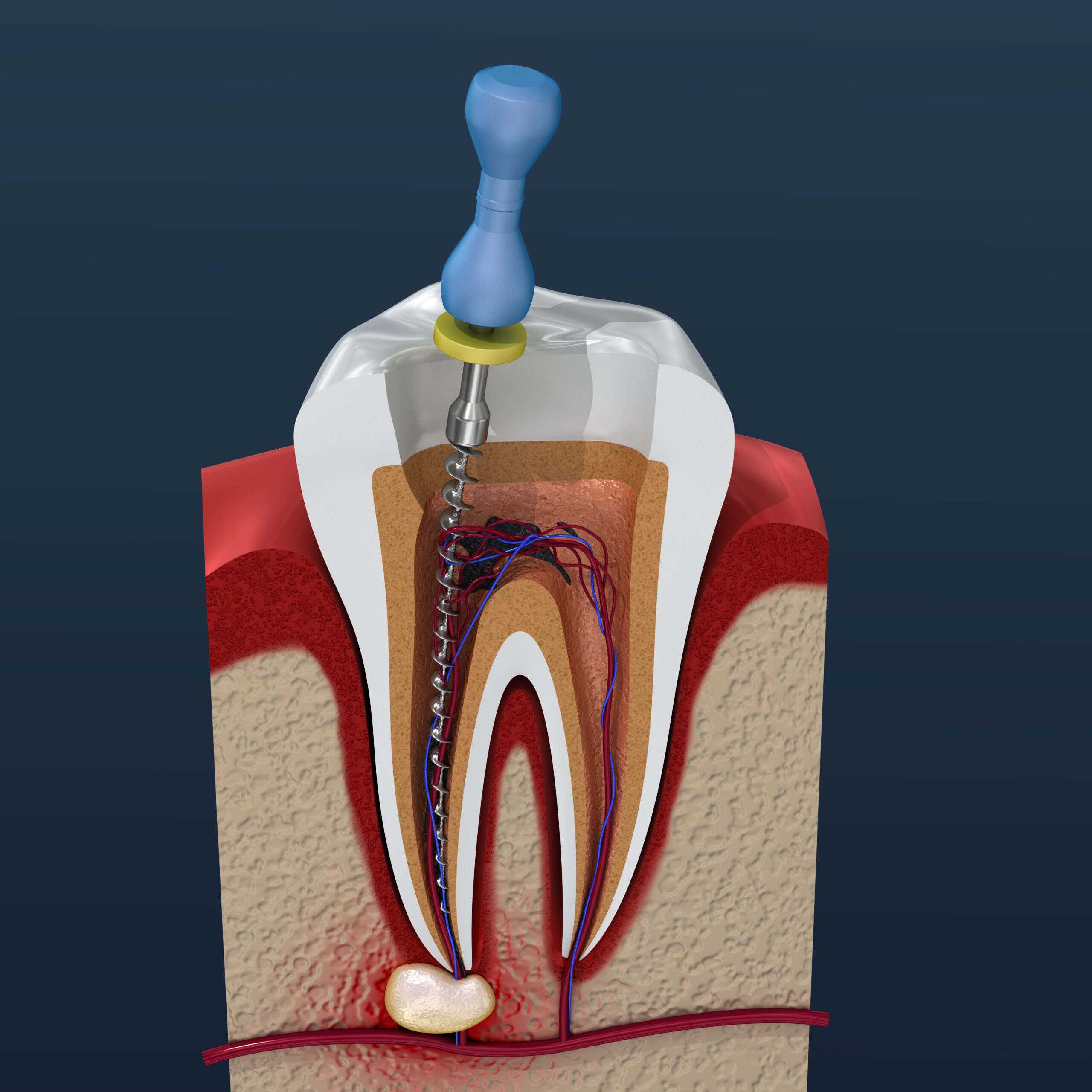So, your dentist says you need a root canal. You’re probably feeling some anxiety or apprehension about the prospect, and you may have some questions about what to expect. If this is you, keep reading to learn more about root canals and get answers to all of your questions about the process.
Why Do I Need a Root Canal?
Root canals are necessary when bacteria has entered the pulp of the tooth and caused an abscess or infection. This can happen when a cavity goes untreated for too long or the tooth experiences trauma that causes cracking or other damage. The root canal procedure is necessary in order to save the tooth.
There are many signs you may need a root canal, including:
- Persistent tooth pain: If you’re experiencing pain deep in your tooth that doesn’t go away, you may need a root canal. The pain may radiate into your face or jaw or increase when pressure is applied to the tooth.
- Temperature sensitivity: If your tooth hurts when you eat or drink something especially hot or cold, it could be a sign that you need a root canal, especially if the pain lasts for more than a few seconds.
- Swollen gums or jaw: Swelling in the gums or jaw are another sign you need a root canal. You may also develop a boil or pimple on the gums, which is a sign that the infection in the tooth has spread.
- Tooth discoloration: Infection in a tooth’s pulp can cause it to appear dark or discolored because of a loss of blood supply to the tooth.
- Chipped or cracked tooth: Cracks and chips in the teeth provide a way for bacteria to get into the tooth.
- Loose tooth: Infection can soften the bone around a tooth, making the tooth feel loose.
While an impending root canal can be anxiety-inducing, it’s good news: it means your natural tooth can be saved. You won’t need to worry about needing extractions or implants to restore your smile.
How Are Root Canals Performed?
With over 15 million root canals performed in the United States each year, the root canal process is standard, safe, and routine.
Before the procedure, you should take all the medications prescribed to you. You may be given antibiotics or anti-inflammatory medication prior to the appointment to help reduce the amount of swelling. You should avoid tobacco use in the time leading up to the procedure because it can interfere with your body’s ability to heal itself. You should also eat a good meal beforehand, since your mouth will be numb for a few hours afterward.
Before they perform the root canal, your dentist will numb the area using a local anesthetic. After that, they will place a dental dam on the tooth to keep it dry during the procedure.
Next, the dentist will drill a small access hole in the crown of the tooth in order to be able to access and remove the tooth’s pulp. Once all the pulp has been removed, they will shape and clean the canals inside of the tooth, then fill them with a rubbery material.
Most root canal patients get a dental crown to protect the tooth following a root canal. In some cases, you’ll be able to get a crown immediately after the procedure, but if you’re getting a custom crown, it can take a few weeks for the dental lab to create it. If this is the case, the dentist will place a temporary filling on your tooth to protect it in the meantime.
What Is Recovery Like?
Since root canals remove the infected pulp, which is the source of pain in your tooth, you shouldn’t feel much pain after the procedure. In fact, most patients experience immediate relief following a root canal. However, your tooth may be more sensitive for a few days. Over-the-counter pain relievers are effective in reducing these effects.
If you have a temporary filling, you should avoid using the affected tooth to chew until the permanent crown is placed.
Root Canals From Jenson Dental
Whether you need a root canal or another dental procedure, the professional team at Jenson Dental has got you covered. We’re committed to providing all our customers with the best possible dental care and ensuring they have a healthy smile that lasts a lifetime. Contact us today with questions or to schedule an appointment. We look forward to taking care of you!
[author_info]


